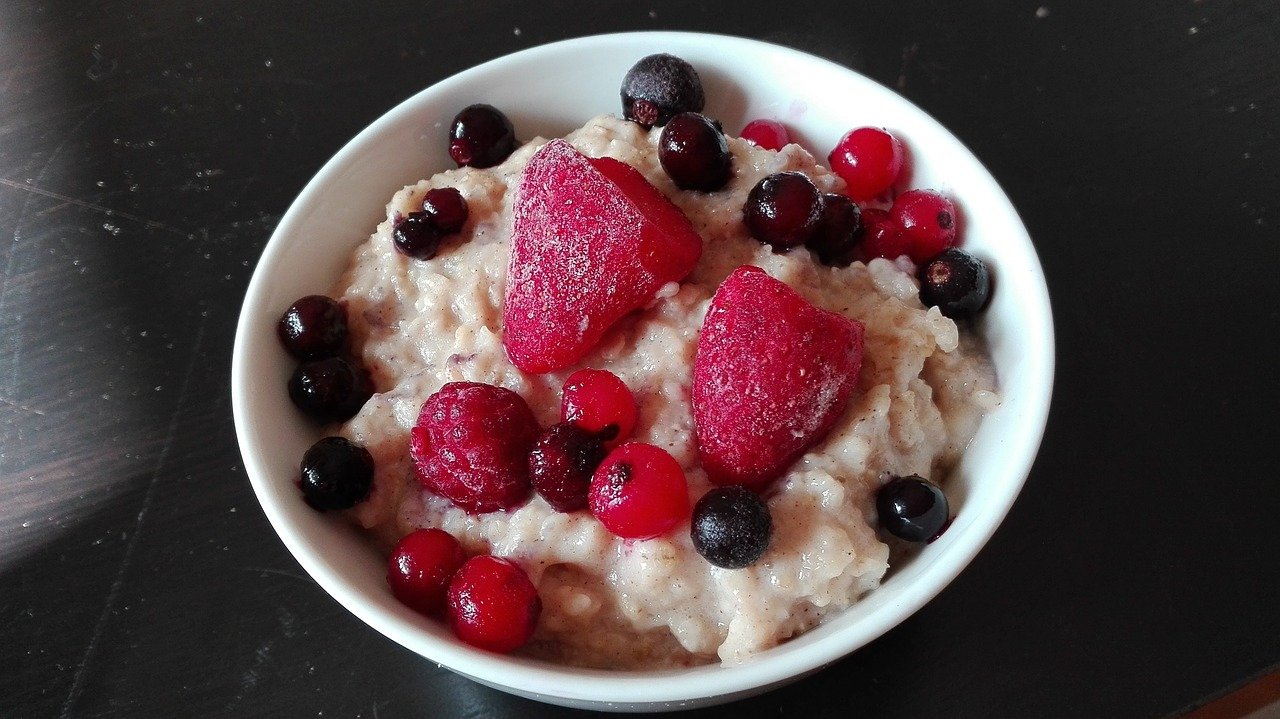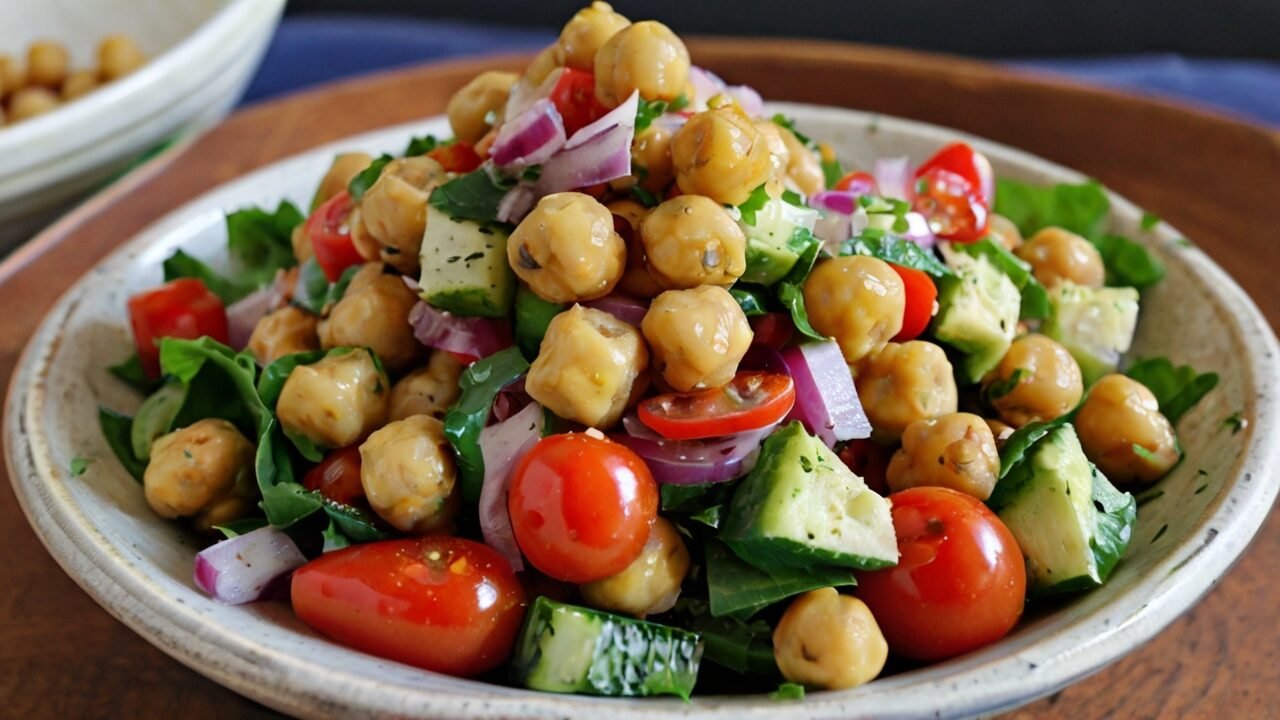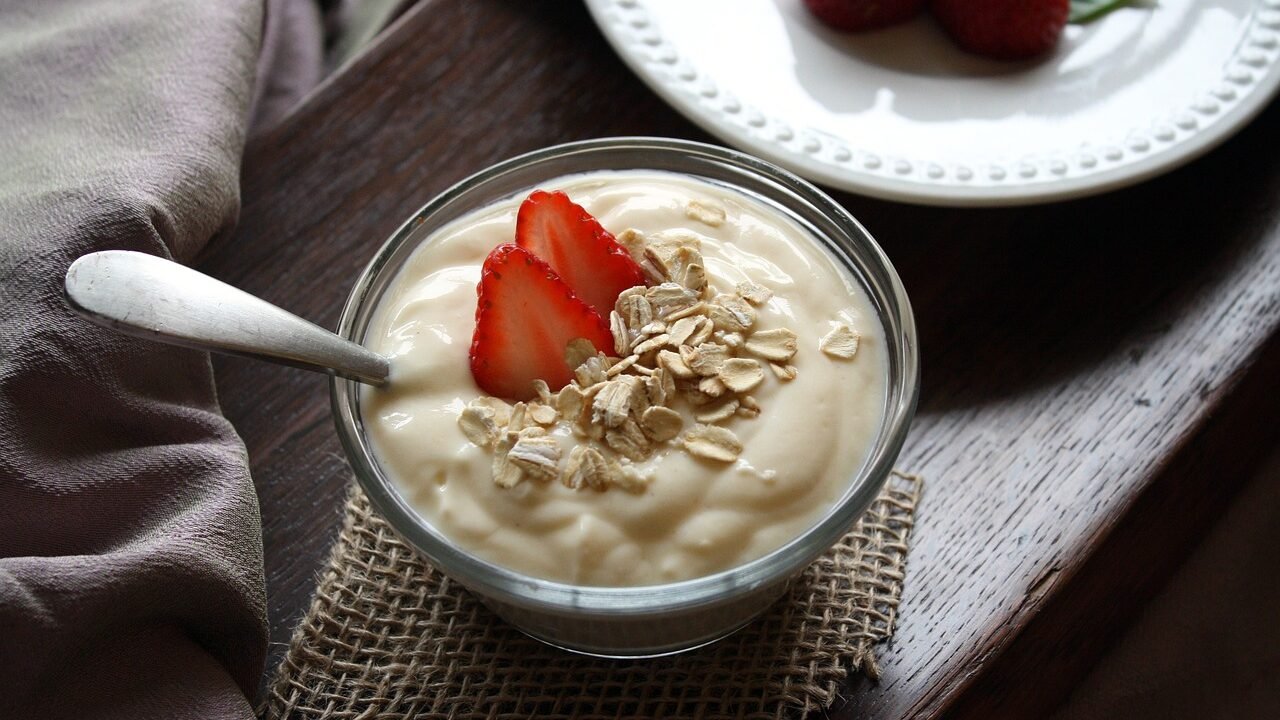Understanding the anti-inflammatory diet
Inflammation is a natural process that helps the body heal and fight off harmful pathogens. However, chronic inflammation can lead to various health issues, including arthritis, heart disease, and even cancer. The anti inflammatory diet is a dietary approach designed to reduce inflammation in the body by eliminating or minimizing the consumption of inflammatory foods and emphasizing anti-inflammatory nutrients.
This anti inflammatory diet for beginners is not a fad or a quick fix but a lifestyle change that can have profound effects on your overall well-being. By adopting an anti-inflammatory diet, you can alleviate symptoms of chronic conditions, improve your energy levels, and potentially reduce your risk of developing certain diseases.
In this comprehensive guide, we will explore the anti inflammatory diet in depth, including its benefits, the science behind inflammation, and a practical 21 day anti-inflammatory diet meal plan to help you get started on your journey towards better health.

Benefits of an anti-inflammatory diet
Adopting an anti inflammatory diet can offer numerous benefits for your overall health and well-being. Here are some of the most notable advantages.
- Reduced inflammation: By eliminating inflammatory foods and incorporating anti-inflammatory compounds, you can effectively reduce chronic inflammation in your body, which is the root cause of many health issues.
- Improved digestion: The anti inflammatory diet emphasizes the consumption of fiber-rich foods, which can promote healthy digestion and alleviate issues like bloating, constipation, and irritable bowel syndrome (IBS).
- Weight management: Inflammatory foods are often high in unhealthy fats, refined grains, and added sugar, which can contribute to weight gain. By following an anti inflammatory diet plan, you may find it easier to maintain a healthy weight or even lose excess pounds.
- Increased energy levels: Chronic inflammation can leave you feeling fatigued and drained. By reducing inflammation through your anti inflammatory diet, you may experience a boost in energy levels and improved overall vitality.
- Better mental clarity: Inflammation has been linked to cognitive decline and an increased risk of conditions like Alzheimer’s disease. An anti inflammatory diet may help protect your brain health and improve mental clarity.

Table of Contents
The science Behind Inflammation
- Inflammation is a complex biological response triggered by the immune system to protect the body from harmful stimuli, such as pathogens, damaged cells, or irritants. While acute inflammation is a necessary and beneficial process, chronic inflammation can lead to various health problems.
- Certain foods and lifestyle factors can contribute to chronic inflammation by promoting the production of inflammatory molecules called cytokines. These cytokines can cause damage to healthy cells and tissues, leading to the development of chronic conditions like arthritis, heart disease, and even cancer.
- On the other hand, certain nutrients found in whole, unprocessed foods have anti-inflammatory compounds. These nutrients can help regulate the immune system, reduce the production of inflammatory cytokines, and promote overall health and well-being.

How to get started with the 21-day anti-inflammatory diet
Embarking on the anti inflammatory diet may seem daunting at first, but with the right approach and mindset, it can become a sustainable and rewarding lifestyle change. Here are some tips to help you get started
- Gradually transition: Instead of making drastic changes overnight, gradually transition to an easy anti inflammatory diet by introducing new foods and eliminating inflammatory ones step by step.
- Plan your meals: Meal prep is key to success on any dietary plan. Take some time each week to plan your anti inflammatory meals and snacks, ensuring you have a variety of anti inflammatory foods on hand.
- Read labels: When shopping for groceries, read labels carefully to identify and avoid inflammatory ingredients like refined grains, added sugar, and unhealthy fats.
- Stay hydrated: Drinking plenty of water and staying hydrated can help flush out toxins and reduce inflammation in the body.
- Be patient and consistent: Adopting a new dietary lifestyle takes time and commitment. Be patient with yourself and celebrate small victories along the way.

The ultimate 21-day meal plan for the anti-inflammatory diet
To help you kickstart your journey towards an anti-inflammatory lifestyle, we’ve put together a comprehensive 21 day anti-inflammatory diet meal plan. This anti inflammatory meal plan includes a variety of delicious and nutritious anti inflammatory recipes that are designed to reduce inflammation while providing you with the essential nutrients your body needs.
Week 1

Week 2

Week 3
This anti inflammatory meal plan is designed to be flexible and adaptable to your individual preferences and dietary needs. Feel free to mix and match anti inflammatory recipes or adjust portion sizes as needed.

The ultimate 21-day meal plan for the anti-inflammatory diet
To accompany the 21 day anti-inflammatory diet meal plan, we’ve included a selection of delicious and nutritious anti inflammatory recipes. These anti inflammatory recipes pdf are packed with anti inflammatory foods like leafy greens, berries, seafood, and healthy fats, ensuring that you’ll never feel deprived while following this anti inflammatory diet.
Breakfast Recipes
- Overnight Oats with Berries and Chia Seeds
- Spinach and Mushroom Frittata
- Greek Yogurt with Mixed Berries and Nuts
- Avocado Toast with Scrambled Eggs
- Chia Pudding with Fresh Fruit
- Green Smoothie Bowl
- Vegetable Frittata

Lunch Recipes
- Grilled Salmon Salad with Avocado and Quinoa
- Mediterranean Chickpea Salad
- Grilled Chicken and Veggie Skewers
- Tuna Salad Lettuce Wraps
- Quinoa and Roasted Veggie Bowl
- Lentil and Kale Soup
- Mixed Greens Salad with Grilled Chicken
Dinner Recipes
- Roasted Vegetable and Lentil Stew
- Baked Cod with Roasted Brussels Sprouts
- Zucchini Noodles with Pesto and Shrimp
- Baked Sweet Potato with Black Bean Chili
- Grilled Salmon with Asparagus and Brown Rice
- Turkey Meatballs with Zucchini Noodles
- Cauliflower Rice Stir-Fry
Tips for success on the 21-day anti-inflammatory diet
While following an anti inflammatory diet can be incredibly beneficial for your health, it’s important to approach it with the right mindset and strategies to ensure long-term success. Here are some tips to help you stay on track
- Plan ahead: Meal prep and preparation are key to staying consistent with an anti-inflammatory diet. Take time each week to plan your anti-inflammatory meals and snacks, and batch-cook when possible to save time during busy weekdays.
- Stay hydrated: Drinking plenty of water and herbal tea can help flush out toxins and reduce inflammation in the body. Aim for at least 8 cups (64 ounces) of water per day.
- Incorporate variety: While the anti-inflammatory diet emphasizes certain anti inflammatory foods, it’s important to incorporate a variety of nutrient-dense options to ensure you’re getting a well-rounded intake of vitamins, minerals, and antioxidant-rich foods.
- Practice mindful eating: Slow down and savor your meals. Pay attention to hunger cues and stop eating when you feel comfortably full. This can help prevent overeating and promote better digestion.
- Get enough sleep: Adequate sleep is crucial for reducing inflammation and supporting overall health. Aim for 7-9 hours of quality sleep each night.
- Manage stress: Chronic stress can contribute to inflammation in the body. Practice stress-reducing techniques like meditation, yoga, or deep breathing exercises to help keep inflammation at bay.
- Be patient and consistent: Healing from chronic inflammation takes time. Be patient with the process and remain consistent with your anti-inflammatory diet lifestyle changes for the best results.
FAQs about the anti-inflammatory diet
As you embark on your anti inflammatory diet journey, you may have some questions or concerns. Here are some frequently asked questions and their answers
What foods should I avoid on an anti-inflammatory diet?
On an anti inflammatory diet, it’s recommended to avoid or minimize the consumption of processed foods, refined grains, added sugar, unhealthy fats (such as trans fats and some saturated fats), and inflammatory foods like red meat, dairy products, and fried foods.
Can I still have occasional treats on an anti-inflammatory diet?
While the anti inflammatory diet emphasizes nutrient-dense, whole foods, it’s okay to have occasional treats in moderation. The key is to practice moderation and make sure that your overall anti inflammatory diet is predominantly anti-inflammatory.
How long does it take to see results from an anti-inflammatory diet?
The time it takes to see results can vary from person to person, depending on factors like the severity of inflammation, overall health status, and consistency with the anti inflammatory diet. Some people may notice improvements within a few weeks, while others may take longer to experience the full benefits.
Can an anti-inflammatory diet help with specific conditions?
While an anti inflammatory diet is not a cure-all, it has been shown to help alleviate symptoms and potentially reduce the risk of various inflammatory conditions, such as arthritis, heart disease, diabetes, and certain cancers.
Do I need to take supplements while following an anti-inflammatory diet?
A well-planned anti inflammatory diet should provide you with a wide range of essential nutrients from whole foods. However, some individuals may benefit from taking certain supplements, such as omega-3 fats or turmeric, in consultation with a healthcare professional.
